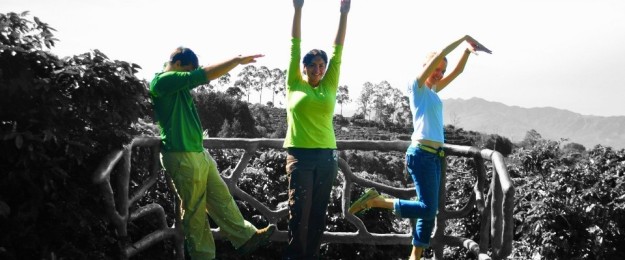I love that through this blog I have met so many great people around the world. It has only enhanced my ability to be global from home by extending my international network. For all my lovely expat readers and friends that I have met through the blogosphere, I have an opportunity that wanted to share.
I am looking to hire expats as On-site Program Coordinators for our short-term faculty-led programs through CISabroad. If you are someone who is currently living outside of the U.S. and would be interested in guiding a group of college students and their professor around your host country, this is the perfect gig. The primary role of this position is to facilitate the in-country implementation of the assigned program and provide safety/emergency support as needed. During the program, the On-Site Program Coordinator is responsible for managing the day-to-day logistics of the assigned customized program and providing in-country support to both the leading faculty and CISabroad students. These positions are contracted and last anywhere from 10 days to 4 weeks. We cover all travel expenses, food, housing, and provide a small stipend.
If you or someone you know might be interested in working with me at CISabroad this spring/summer, I would love to answer questions. You can check out the position and find directions to apply on the CISabroad Career page.














